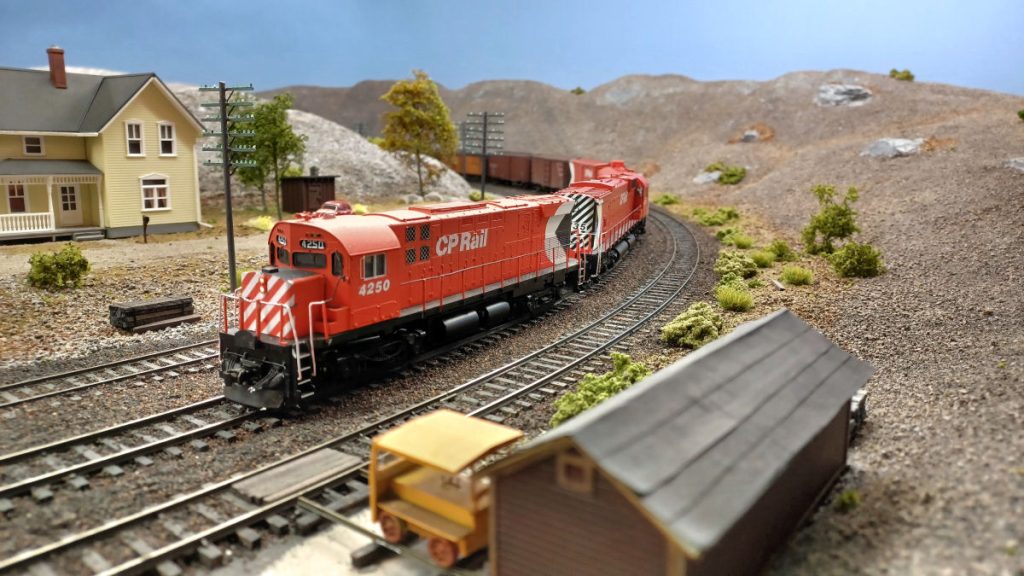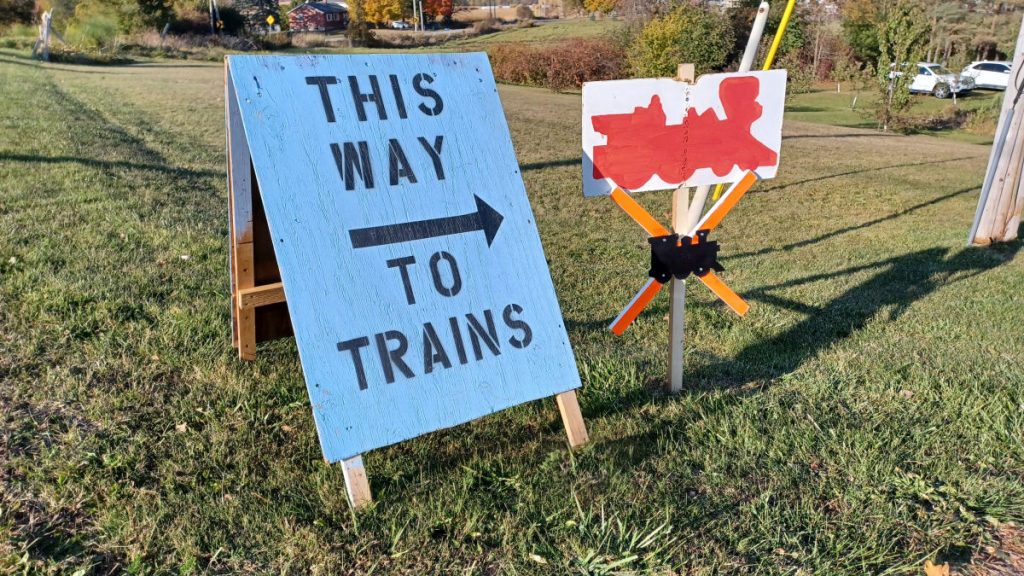GENERAL NOTICE
Safety is of the first importance in the discharge of duty.
Obediance to the rules is essential to safety.
To enter or remain in the service is an assurance of willingness to obey the rules.
The service demands the faithful, intelligent and courteous discharge of duty.
To obtain promotion, ability must be shown for greater responsibility.
GENERAL RULES
A. Employees whose duties are prescribed by these rules must have a copy of them accessble while on duty.
Employees whose duties are in any way affected by the time table must have a copy of the current time table, and supplements thereto if any, with them while on duty.
B. Employees must be conversant with the rules and special instructions. If in doubt as to their meaning, they must apply to proper authority for an explanation.
Note: Special instructions may be issued by proper authority and will be found in the current timetables and in bulletins.
C. Employees must pass the required examinations.
D. Employees in any service connected with the movements of trains are subject to the rules and special instructions.
E. Employees must render every assistance in their power in carrying out the rules and special instructions and report promptly to the proper authority any violation thereof.
F. Accidents, failure in the supply of water or fuel, defects in track, bridges, signals, block indicators, or any unusual condition which may affect the movement of trains, must be promptly reported by the quickest available means of communication to the proper authority. In case of injury to persons, the names and addresses of as many witnesses as possible must be obtained.
G. The use of intoxicants or narcotics by employees subject to duty, or their possession or use while on duty, is prohibited.
H. The use of tobacco by employees on duty or about passenger stations or in cars carrying passenger is prohibited.
J. Employees on duty must wear the prescribed badge and uniform and be neat in appearance.
K. To avoid annoyance to the public, employees and others authorized to transact business at stations and on or about trains must be courteous, orderly and quiet.
L. Employees must always be vigilant to protect, and must promptly report anything detrimental to the Company’s interest, and in case of danger to the Company’s property, unite to protect it.
M. Employees must exercise care to avoid injury to themselves or others. They must observe the condition of equipment and the tools which they use in performing their duties and when found defective will, if practicable, put them in safe condition, reporting defects to the proper authority.
They must not ride on top or sides of cars or engines passing structures or obstructions at any point at which there is restricted overhead or side clearance and must inform themselves respecting the location of such.
They must expect the movement of trains, engines or cars at any time, on any track, in either direction.
They must not stand on the track in front of an approaching engine or car for the purpose of boarding same.
They must be familiar with and be governed by the Company’s safety rules and instructions.


